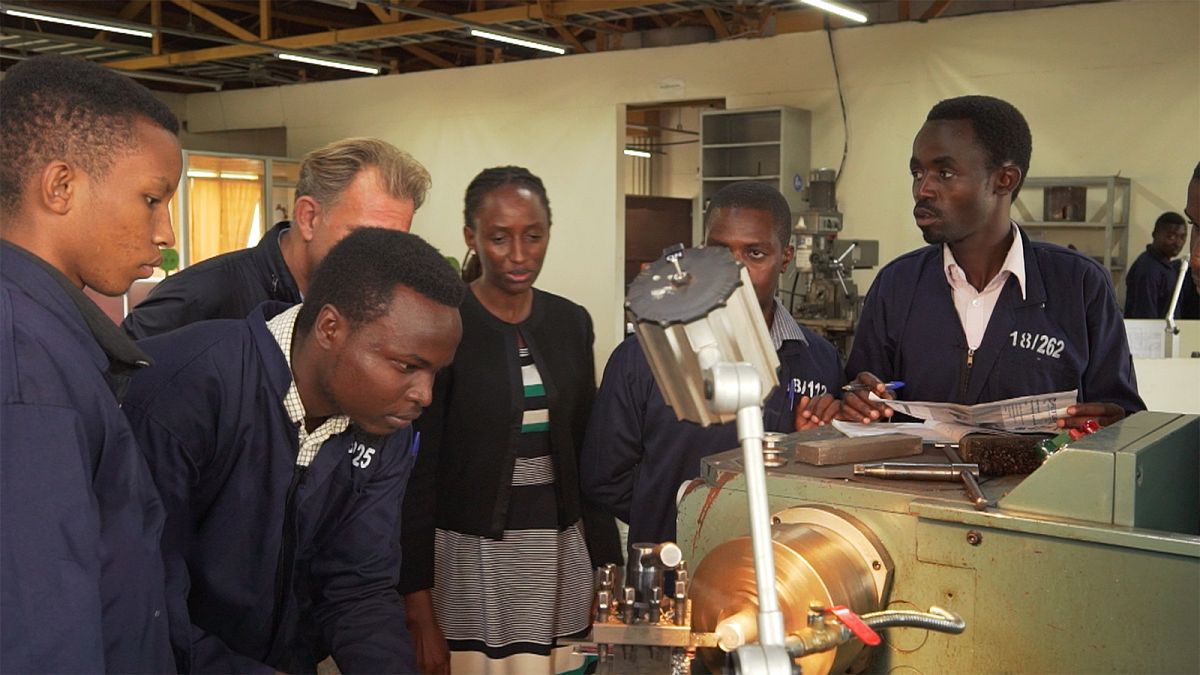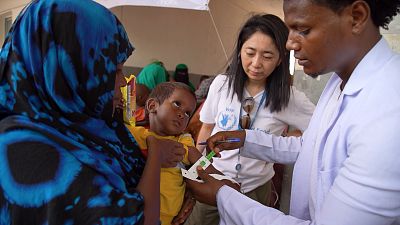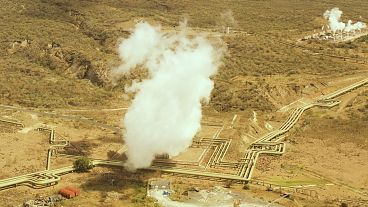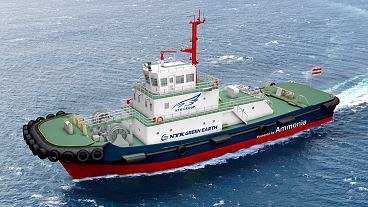The Global Japan team has come to Tumba in northern Rwanda to discover a school which trains high-level technicians to meet the economic needs of the country.
We’ve come to Tumba in northern Rwanda to discover a school which trains high-level technicians to meet the economic needs of this country.
It's 24 years since the end of the genocide, and Rwanda now ranks as Number Two for doing business in Africa. The school in Tumba has become a model of excellence, not only in Rwanda, but in the whole of East Africa.
Its strength lies in its ability to teach specialist techniques, which perfectly meet Rwanda’s needs, supporting and developing its economic growth, creating jobs and last, but not least, careers.
Japan’s cooperation with the school in Tumba dates back to the early 1990s.
After the genocide, JICA, the Japan International Cooperation Agency, relaunched projects here in key sectors: information technology, electronics, telecommunications and renewable energy. Between 2007 and 2018, Japanese technicians came here regularly and nearly 2,000 young people have graduated.
The exchange has been a real success. Not only have the Japanese shared technical know-how, they have also instilled a culture of learning.
A number of Tumba’s alumni have also taken the opportunity to go to Japan as part of the ABE Initiative, a Japanese government programme which allows young Africans to obtain a master's degree and do internships with companies.
The project has been an outstanding success. The employment rate is more than 75 percent and the employers' satisfaction rate is more than 85 percent.
JICA’s projects aim to be both economic and social; two vital ingredients for this country, which has seen annual growth of nearly eight percent since 2000. JICA’s projects have also contributed greatly to the national reconciliation effort.




